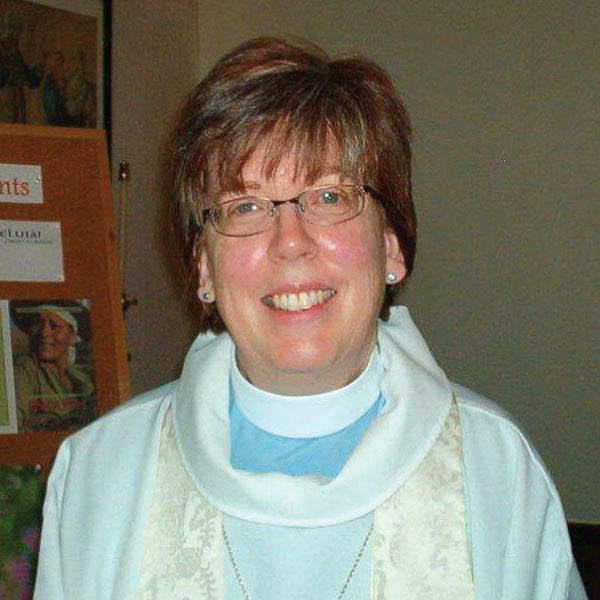A classmate, who was on the cross-country team, signed my high school year book “Just watch me go madly off in all directions!” You may remember that line as the title of a CBC radio show featuring comedian Lorne Elliott, but the phrase actually dates back to 1911 when Stephen Leacock coined it in the short story, ‘Gertrude the Governess’, which described a character who “flung himself upon his horse and rode madly off in all directions.”
One thing this pandemic has done is cause people to think more intentionally about “what’s next”, about living purposeful, meaningful lives, often involving serving others. This is particularly true for those pondering retirement but it’s also true for those at other threshold moments in their lives: after college, significant birthdays, the death of a loved one etc. And for the most part, it’s more about “what can I offer?” or wanting to do “something more” with one’s life than merely filling idle hours.
In a house, a threshold marks the place of setting out, the starting point of a new day, a new prospect. It marks the shift from one season of life into another: the start of a new job, an emptying nest, uncharted waters.
A threshold marks a transition in time: between seasons, between night and day, or even the drive between the workplace and home, though during this pandemic, the once clear line has blurred somewhat with so many of us working from home. In a geographical sense, it marks the edges of things: that border where one farm meets another, or where the beach meets the ocean, or the earth touches the sky at the horizon.
The traditional monastic practice of “statio” purposefully acknowledges threshold moments. When a monastic enters the chapel there’s a brief pause at the door, almost imperceptible to others, meant to rid oneself of any burdens or distractions that might hinder being fully present to God.
This pandemic has curbed our penchant to rush “madly of in all directions.” What if we were to cultivate this pause going forward? What if we were to take a pause between one activity and another, within the framework of our days? In a very real way, that is what attending to The Divine Hours cultivated in monastic lives, instilling a mindfulness which focused both prayer and action, creating a holy habit of attentiveness.
Rushing from one thing headlong into another means we can only barely skim the surface of life. It means we lose the possibility of instilling that sacred attentiveness that can bring forth awareness of the Holy in even the most ordinary of moments.
The pandemic has spawned a whole glossary of words while increasing usage of phrases many of us seldom used. One such phrases is “liminal space”, which funnily enough comes from the Latin root, limen, which means “threshold.” The liminal space is the “crossing over” space – a space where you’ve left something behind, yet you are not yet fully something else. It’s a transition space.
So, what does all this mean for our prayer life? Perhaps this increased desired to be more attentive, more mindful, more intentional about the way we make choices, how we spend our time, what our priorities are, are thresholds in themselves. The desire to seek the Holy in even the most ordinary of life’s moments frees us to actually practice the trust in God we’ve always claimed we have. It means our prayers are simpler, perhaps less wordy, less demanding, less plaintive.
In part of The Prayer at the Threshold written by Jan L. Richardson in Through the Advent Door: Entering a Contemplative Christmas, we read:
“The hopes we carry, fractured or whole;
the struggles of birthing, exhausted, elated;
the places of welcome, that bring healing and life.
And so we lay them at the threshold, God;
bid you hold them, bless them, use them;
ask you tend them, mend them, transform them, to keep us warm,
make us whole, and send us forth.”
As we inch our way through this second Advent in Covid-time, what threshold do you find yourself traversing? What amount of trust needs cultivating, what plans need changing or even deleting, what possibilities are there to be embraced?
My prayer for you, as we stand on the threshold of a new year, is that you have the courage to ask, not “why me?” but rather “what’s next?” with a trusting heart ready to embrace God’s exquisite dream for you!
Photo credit: Valérie Faiola on Unsplash



